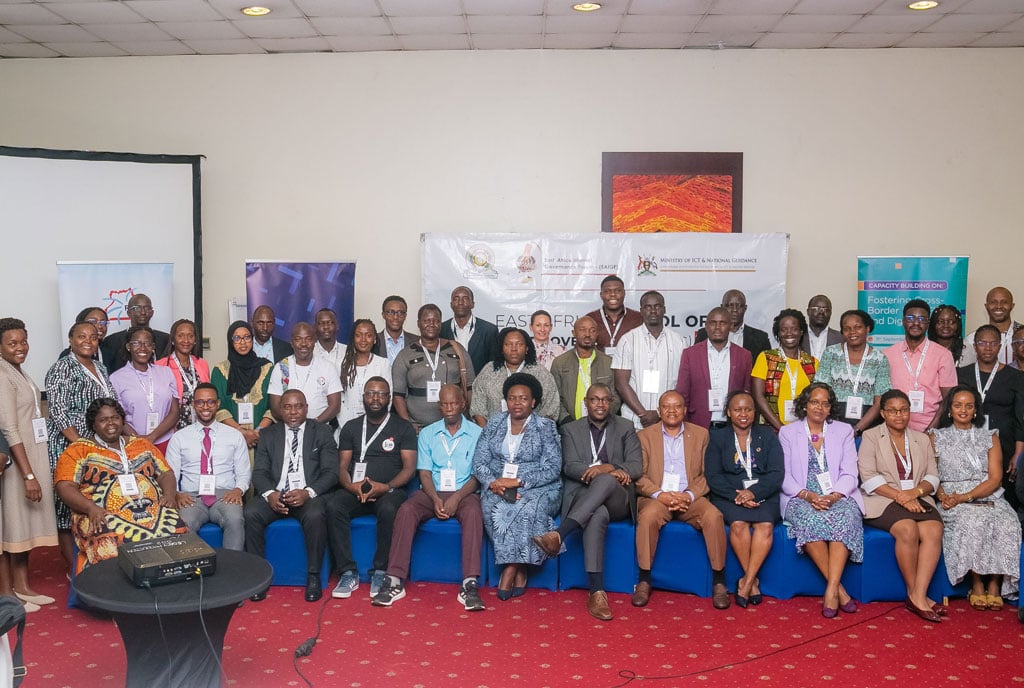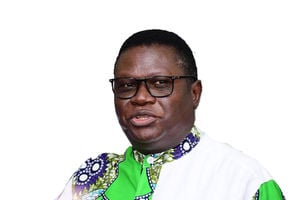Continue engaging youth on internet governance

Some of the participants from the different countries of East Africa during the 11th East African Internet Governance Forum (EAIGF) 2024 at Kampala Serena Hotel. PHOTO/COURTESY OF INTERNET SOCIETY OF UGANDA.
What you need to know:
- The issue: Youth engagement.
- Our view: Let us continue to engage our young people in meaningful conversations and trainings perhaps then we will not have to watch as the young who make up the majority of our population live miserably below their potential with no contribution of worth to add to national, regional and global governance issues.
The 11the edition of the East Africa Internet Governance Forum (EAIGF) finally took place at Kampala Serena Hotel under the theme Building our Multi-stakeholder Digital Future for East Africa.
The EAIGF brings together East African stakeholders to build a common understanding of East Africa’s Internet governance issues and enable meaningful participation in global internet policy.
Keith Andere, a coordinator of the African Youth Internet Governance Forum pointed out that majority of the population is young and this comes with the responsibility of finding solutions for African problems. See Daily Monitor September 16, 2024, “East African Youth schooled on proper use of the internet”.
Internet governance is a key issue that has increasingly more effect on the various stakeholders now more than ever. This influence will no doubt increase year by year as many aspects of our lives continue to depend on the internet.
According to DataReportal, there were 13.30 million internet users in Uganda at the start of 2024, when internet penetration stood at 27.0 percent. Uganda had 2.60 million social media users in January 2024 which was 5.3 percent of the total population. While these are small percentages of the population, they are significant in the fact that many start-ups are now taking to the internet to run their business and many people are using the internet to seek opportunities for growth and to be able to attempt competition on a global stage.
Therefore any effort to engage young people and other stakeholders in discussion and deliberations on media governance cannot be underscored. Issues such as media freedom, censorship, cybercrime and all forms of activism can be affected by internet governance issues.
Young people need to be involved and made to participate in more of these conversations and forums even as internet user numbers continue to rise. Every form of internet education is crucial for young people beyond the basics of how to use the internet to connect and communicate.
Let us continue to engage our young people in meaningful conversations and trainings perhaps then we will not have to watch as the young who make up the majority of our population live miserably below their potential with no contribution of worth to add to national, regional and global governance issues and get left behind in the ever-growing wave of digital innovations and disruptions.



